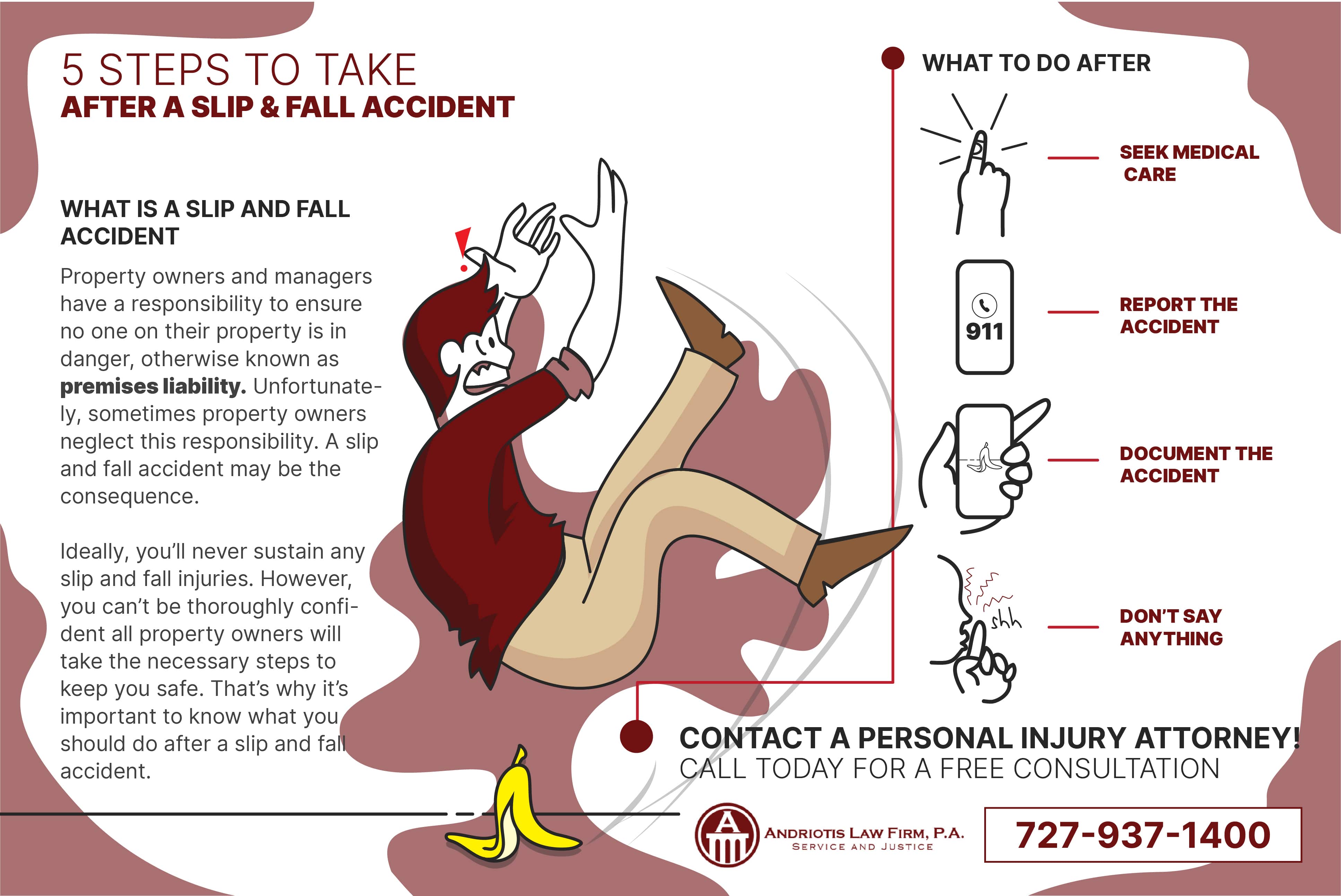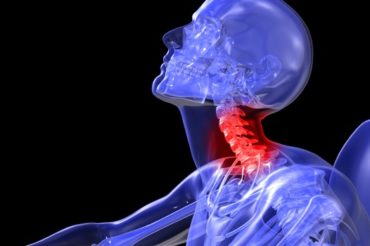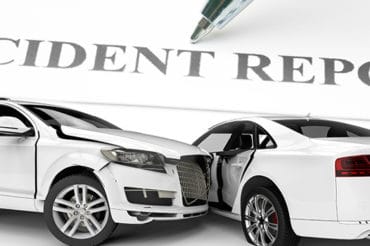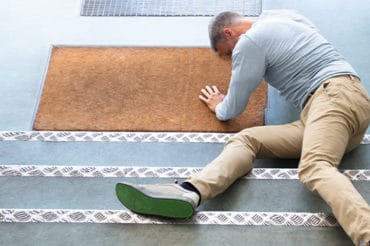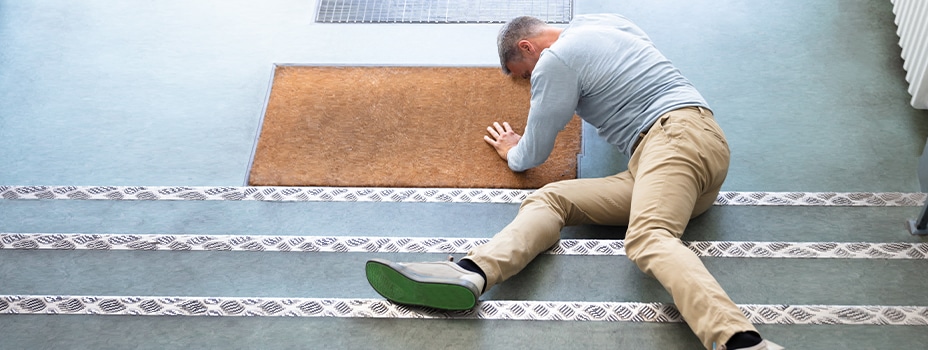
Property owners and managers have a responsibility to ensure no one on their property is in danger. This is known as premises liability. Unfortunately, sometimes property owners neglect this responsibility. A slip and fall accident may be the consequence.
Ideally, you’ll never sustain any slip and fall injuries. However, you can’t be thoroughly confident all property owners will take the necessary steps to keep you safe. That’s why it’s important to know what you should do after a slip and fall accident.
What to Do After A Slip and Fall Accidents
-
Seek Medical Care
-
Report the Accident
-
Document the Accident
-
Don’t Say Anything
-
Contact a Personal Injury Attorney
It’s, of course, important to seek medical attention if you injure yourself in a slip and fall accident. Just keep in mind that many slip and fall injuries don’t result in immediately noticeable symptoms. For instance, if you hit your head when falling, you may sustain a concussion without realizing it at first.
Even if you don’t think you’ve been injured, it’s still crucial to see a doctor right away. You don’t want even a minor injury to develop into something more serious because you didn’t get proper treatment early. It’s also worth noting that being able to document the fact that you sought medical attention immediately after your injury will often help you when pursuing compensation in a subsequent slip and fall case.
Officially reporting a slip and fall accident immediately after it occurs is also an essential step. You should ideally report the accident to the property owner, manager, or landlord (whichever is on the premises). Make sure you also ask them to draft a written report specifying the details of the incident. This evidence will also help you and a personal injury attorney build a stronger case.
Depending on where a slip and fall accident occurs, there’s a good chance others may witness the incident. Collect the contact information of anyone who may have been a witness. Your personal injury attorney may want to strengthen your slip and fall case with their written statements.
You also need to photograph the exact spot where the accident occurred. Do so as soon as possible. In some instances, property owners address the issue that resulted in the accident after it happens, making it difficult for a victim to prove they were somehow negligent.
Of course, you should also draft your own written statement with all the details of the accident, including the exact time it occurred.
When you get back home, find a very safe space (you may even want to use a storage unit if you have access to one) where you can store all the clothes and shoes you were wearing when the accident happened. Sometimes these also serve as evidence in slip and fall cases.
The property owner may try to contact you after a slip and fall accident occurs. While it can sometimes be difficult to control your emotions after this type of accident, you need to remain calm and not give any statements.
Don’t post about the accident on social media either! Again, you may be upset after the accident, and might thus understandably want to vent your frustration. Don’t give in to this impulse. The only people with whom you should be sharing details about the accident are your physicians, lawyer, and in some cases, close family members who you can trust to not discuss it with others. If you suspect a loose-lipped family member might post about it on social media, for example, don’t provide them with any key details.
Once you’ve addressed your medical needs, and gathered all necessary documentation, schedule a consultation with a personal injury attorney experienced in premises liability and slip and fall cases. Don’t wait to do so!
First of all, in general, a personal injury attorney will be better equipped to build a strong case if you contact them sooner rather than later. Additionally, you need to consider the statute of limitations. If you wait significantly longer to get in touch with a personal injury attorney, it may be too late for you to file a lawsuit. This would result in forfeiture of your rights to compensation.

